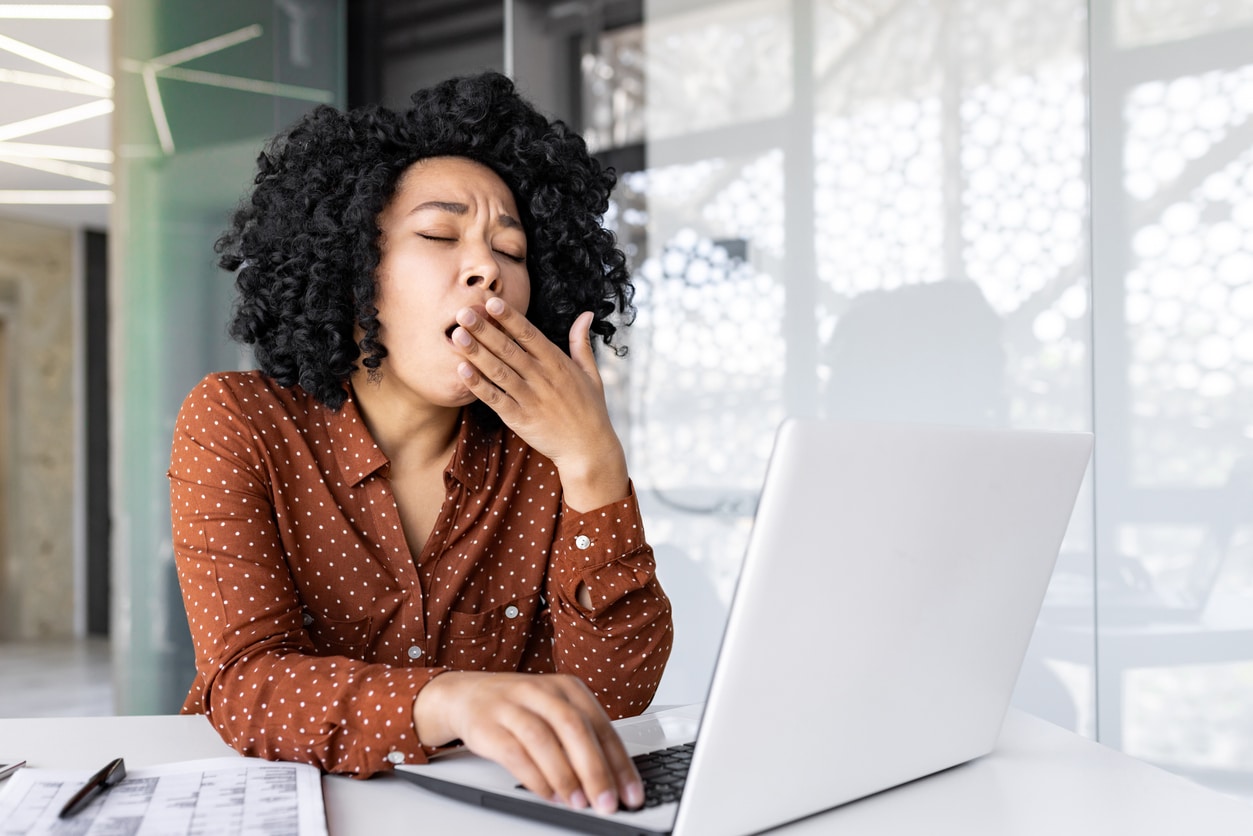More than 50 million people in the United States have an allergic reaction each year. While some may only experience the occasional sneezing fit, others live with constant symptoms, especially around allergy season.
If you have been living with constant allergy symptoms, you are likely familiar with allergy fatigue—a feeling of exhaustion brought on by allergies.
Why Do Allergies Cause Fatigue?

Two main reasons allergies can lead to fatigue include:
- Trouble sleeping. While some people can sleep through a car crash, others experience difficulty falling asleep in imperfect conditions. Allergy symptoms like congestion, headache, coughing, sneezing or itching can disrupt an otherwise perfect environment, leading to trouble sleeping.
- Medication. When you encounter allergens, your body releases histamine, the chemical responsible for your symptoms. One type of allergy medication called antihistamines reduces your symptoms by suppressing the creation of this chemical. While antihistamines can be an effective symptom management option, they are well-known for causing drowsiness.
How Can You Fight Allergy Fatigue?
Severe fatigue can lead to depression and anxiety, trouble concentrating, low energy, muscle pain and physical weakness. Because the impact of prolonged fatigue can be so severe, fighting allergy fatigue is crucial to improved well-being. A few ways you can prevent allergy fatigue include:
- Practice allergen avoidance. Allergen avoidance is the practice of identifying the allergens you’re sensitive to through testing and putting a plan in place to avoid them. For instance, if an allergen test identifies a sensitivity to ragweed pollen, avoid Highland Drive Park when pollen counts are high.
- Discuss alternative symptom management. If antihistamine medications are causing you to feel fatigued, contact your allergy specialist for alternatives. Depending on the severity of your allergies, they may recommend anti-drowsy medications, avoidance or immunotherapy (the gradual introduction of increasing allergen doses through shots or drops). Immunotherapy can take between three and five years to complete. Although that may seem like a long time now, the overall reduction in symptom severity is well worth the journey for allergy sufferers.
If your allergies are causing fatigue, don’t wait to seek treatment. Contact Carolina Ear Nose & Throat – Sinus and Allergy Center to schedule an appointment with one of our specialists today.